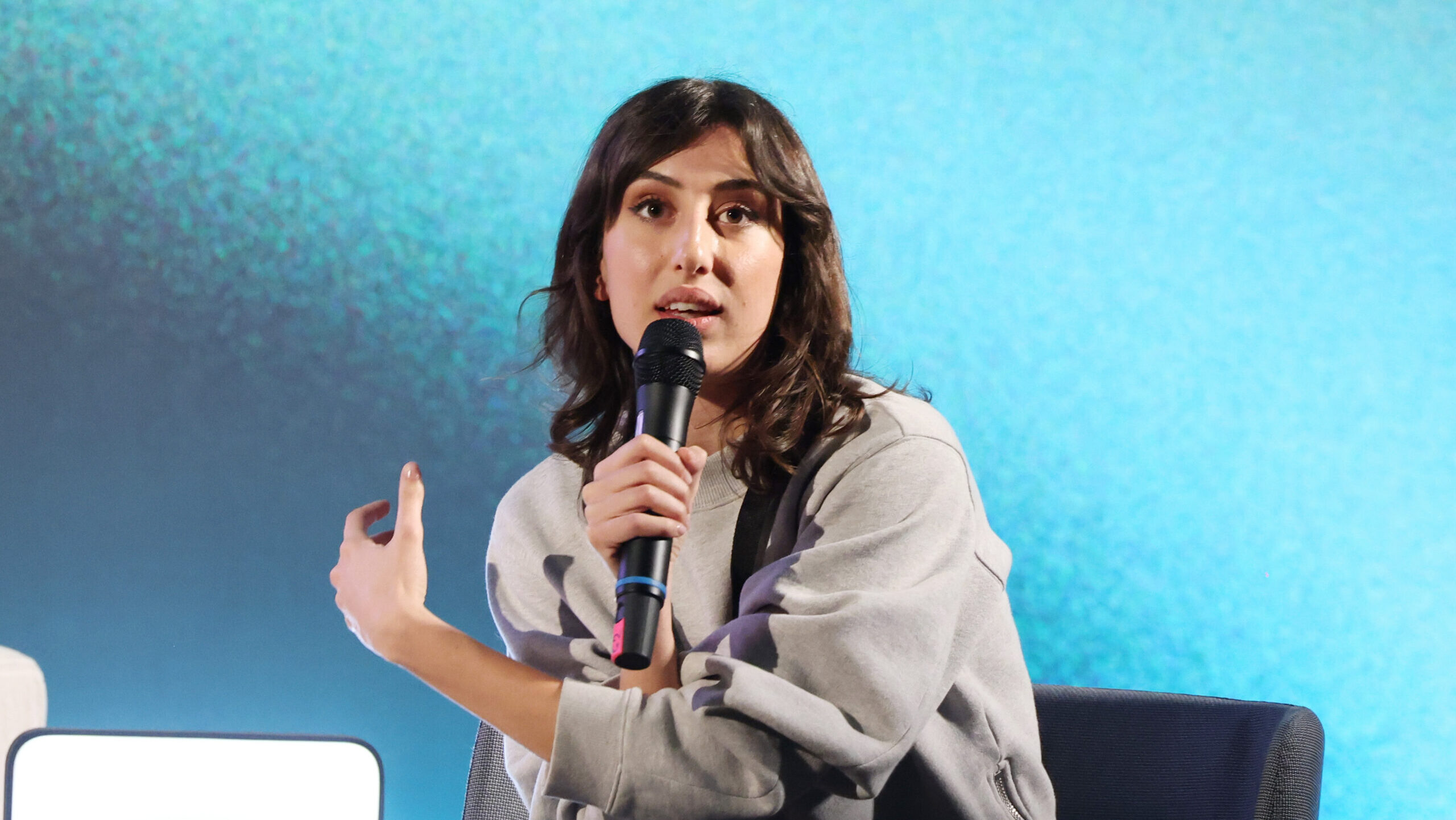Italy’s Balancing Act: How Cecilia Sala’s Release Reflects Shifting Geopolitics
Italian journalist Cecilia Sala’s release from Iran’s Evin prison after three weeks highlights the interplay of diplomacy and geopolitical maneuvering. The Media Line’s Giorgia Valente reports that Italian Prime Minister Giorgia Meloni’s unannounced visit to Donald Trump at Mar-a-Lago, reportedly facilitated by Elon Musk, was critical in securing Sala’s return to Italy. Analysts suggest this case reflects Italy’s strategic balancing act between its Western alliances and open dialogue with Tehran.
Musk’s involvement, from meeting with Iran’s UN ambassador to leveraging his social media influence, aligns with Trump’s unconventional diplomatic approach. Observers believe Sala’s detention was a calculated move by Iran, linked to the case of Iranian engineer Mohammed Abedini, who is accused of smuggling drone components and is detained in Italy. The resolution of Sala’s case underscores Italy’s evolving role as a mediator in Middle Eastern and global geopolitics.
This holiday season, give to:
Truth and understanding
The Media Line's intrepid correspondents are in Israel, Gaza, Lebanon, Syria and Pakistan providing first-person reporting.
They all said they cover it.
We see it.
We report with just one agenda: the truth.


While Rome’s historic ties with Tehran played a role in Sala’s release, analysts caution against over-aligning with any one administration, including a potential second Trump presidency. This balance is vital for Italy’s long-term strategic interests. Valente’s reporting reveals that Italy’s handling of Sala’s release could reshape its position in international diplomacy, as the fate of Abedini and Italy’s broader role in US-Iran relations remain pivotal.
To explore the full depth of this story, including its implications for Italy’s foreign policy and Middle East diplomacy, read Giorgia Valente’s detailed article at The Media Line.

